Special Session 2
Special Session Title: Security Risk Assessment and Defense of Cyber-Physical Power Systems with High Penetration of Renewable Energy
Submission linkage: https://confsys.iconf.org/submission/pssgt2025 (please choose the title when you enter into the system)
Organizers: 1) Assoc. Prof. Dr.
Kaishun Xiahou, South China University of Technology
2) Prof. Zhaoxi Liu, South China University of Technology
3) Assoc. Prof. Changzheng Shao, Chongqing University
4) Assoc. Prof. Ye Cai, Changsha University Science of Technology
5) Assoc. Prof. Tianlei Zang, Sichuan University
Chair information: Assoc. Prof. Kaishun Xiahou, South China University of Technology, China
Short description of the proposed topic
The integration of computation, communication, and control technology has given rise to the emergence and rapid advancement of cyber-physical power systems (CPPSs), which improves the operational efficiency of power systems while also introducing new security risks. Additionally, the high penetration of renewable energy resources increases the uncertainty of power system operation, reduces system inertia, and further elevates the security challenges faced by CPPSs. Therefore, it is crucial to develop comprehensive security risk assessment methods, investigate effective defense strategies against cyber attacks, and propose new mitigation measures for cascading failure to ensure the secure operation of CPPSs. The objective of this special session is to promote research for enhancing the security, reliability and resilience of power systems with renewable energy. The information provided in this special session will benefit academic researchers and industry stakeholders in this area.
Topics:
1. lCyber-physical security assessment
methods for CPPSs.
2. lRisk assessment methods for CPPSs.
3. lSecure state estimation and anomaly
detection for CPPSs.
4. lCascading failure evolution
mechanism for CPPSs.
5. lImpact analysis of renewable energy
resources on the operation and control
for CPPSs.
6. lPreventive and emergency control for
CPPSs.
7. lCyber-attack detection and defense
measures for CPPSs.
8. lResilience enhancement measures for
CPPSs.
9. lRouting optimization technologies
for CPPSs.
10. System restoration strategies for
CPPSs..
Novelty and motivation:
Given the escalating sophistication
of cyber threats and the expanding role
of renewable energy sources in power
generation, there is an urgent need to
address the security risks specific to
these evolving landscapes. By focusing
on defense strategies tailored to CPPSs
with high penetration of renewable
energy, this special session aims to
offer practical insights and solutions
that can directly address the security
and stability issues of modern power
infrastructures.
This special session focuses on the
unique challenges posed by the
increasing penetration of renewable
energy sources into power systems, and
considers the complicated interaction
mechanisms between information and
physical components, which offers a
comprehensive research perspective of
CPPSs. Therefore, it can deeply reveal
the operation and secure characteristics
of CPPSs. The spotlight on security risk
assessment and defense offers a
comprehensive approach to identifying,
evaluating, and mitigating potential
threats in CPPSs, which is crucial for
ensuring the system resilience and
reliability.
About the organizers
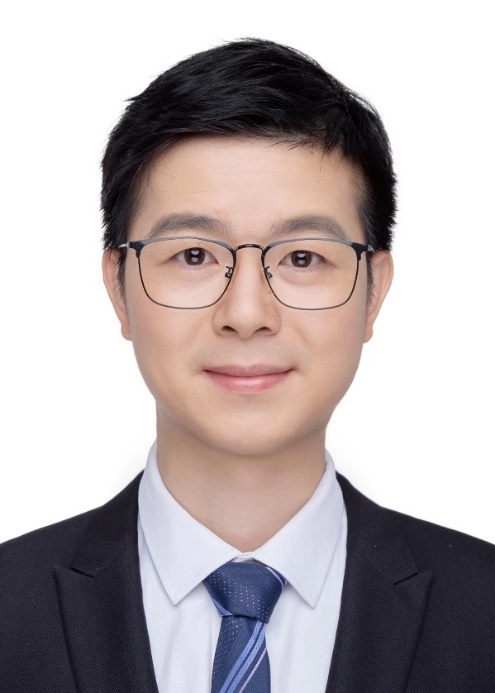 |
Kaishun Xiahou is now an Associate Professor at School of Electric Power Engineering, South China University of Technology. His research interests include cyber-physical security and resilient control of power systems with renewable energy. Dr. Xiahou is the principal investigator of young elite scientist sponsorship program by Chinese Society for Electrical Engineering (CSEE), National Natural Science Foundation of China, and Guangdong Basic and Applied Basic Research Foundation. He has published more than 20 SCI papers and he is the young editor of Protection and Control of Modern Power Systems, and Electric Power Information and Communication Technology. |
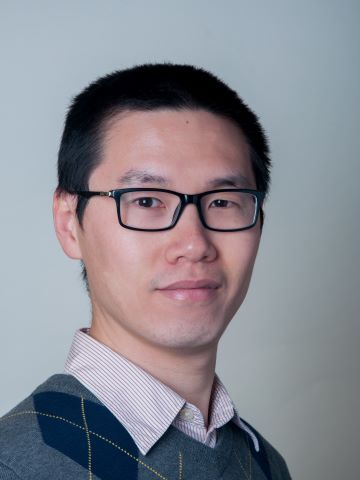 |
Zhaoxi Liu is now a Professor at School of Electric Power Engineering, South China University of Technology. His research interests include operational research of power systems, power system security and reliability, and risk management of energy systems. Dr. Liu is an IEEE senior member, and a CIGRE member. He has published more than 60 SCI/EI paper. He was ranked in the Stanford/Elsevier Top 2% Scientists List 2021-2023. |
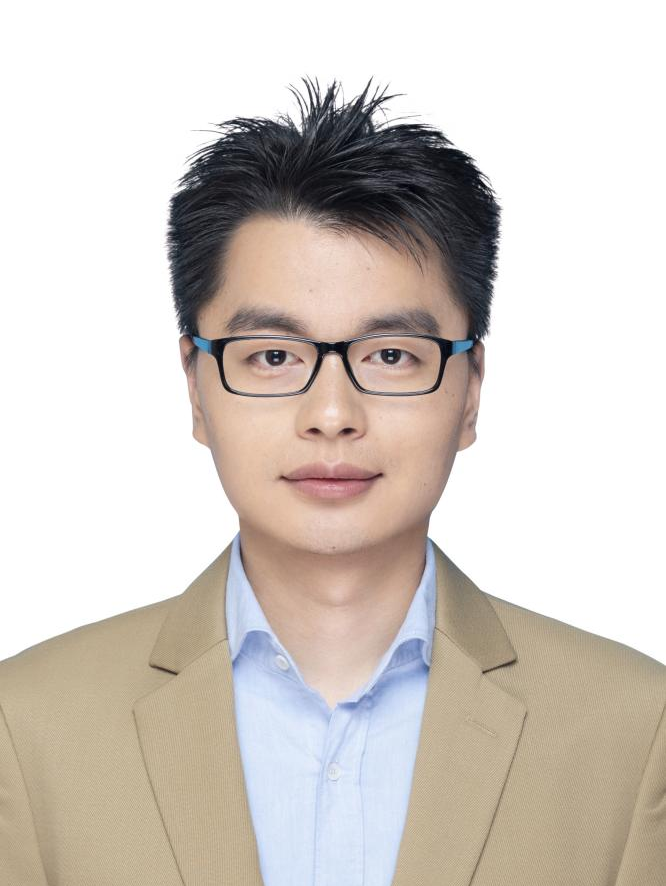 |
Changzheng Shao is now an Associate Professor at School of Electrical Engineering, Chongqing University. His research interests include optimization of integrated energy systems, power system security and reliability, and risk management of energy systems. Dr. Shao is the principal investigator of the National key R&D project, programs sponsored by National Natural Science Foundation of China, young elite scientist sponsorship program by China Electrotechnical Society (CSE). He has published more than 40 SCI-indexed papers and he is the young editor of Protection and Control of Modern Power Systems, engineering reports. |
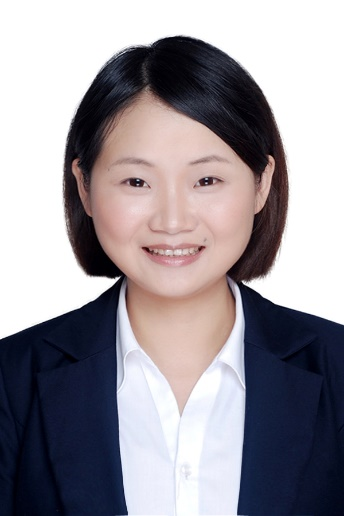 |
Ye Cai is now an Associate Professor at School of Electrical & Information Engineering, Changsha University Science of Technoogy. Her research interests include cyber-physical security and optimization of power systems. Dr. Ye is the principal investigator of the General Program of National Natural Science Foundation of China (NSFC), and the Huxiang Youth Talent Program for Scientific Innovation in Hunan. She has published more than 20 papers and She is the young editor of Journal of Electrical Engineering, and journal of Power Construction. |
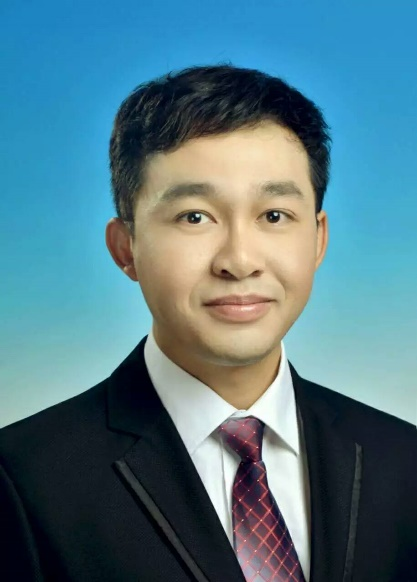 |
Tianlei Zang received the Ph.D. degree in electrical engineering from Southwest Jiaotong University, Chengdu, China, in 2017. From 2013 to 2014, he was funded by the China Scholarship Council to study at the University of Toronto in Canada as a joint PhD student. From 2017 to 2020, he was a Post-Doctoral Researcher with Tsinghua University, Beijing, China. He is currently an Associate Professor at the College of Electrical Engineering, Sichuan University. His research interests include energy management of Integrated Energy Systems, and security analysis of Cyber-Physical Energy Systems. |
